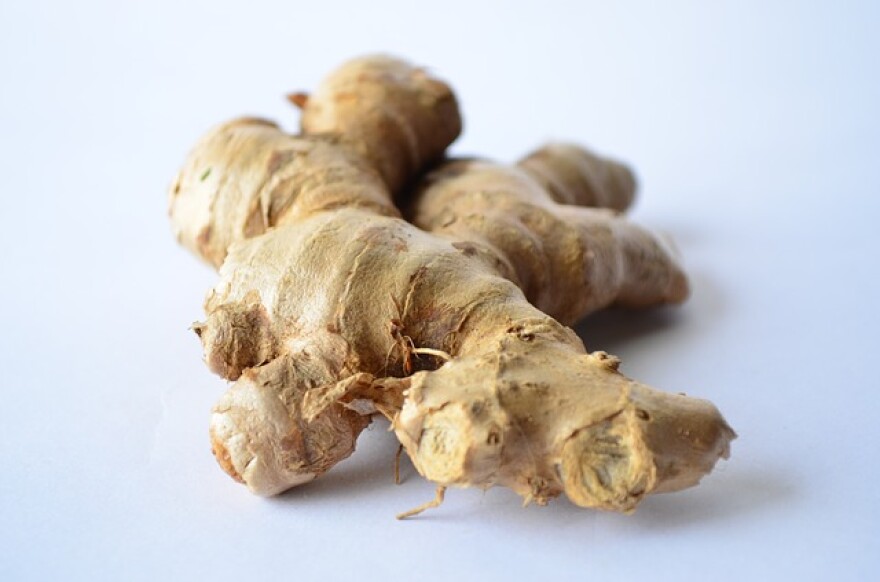Inflammation can be a reaction to an injury or infection where the body reddens and swells. It’s sometimes painful and can also be a sign that the body is ready to begin the healing process. But, chronic inflammation is a cause for concern and even has ties to heart disease.
This week on “Take Care,” health expert Johannah Sakimura discusses foods that are high in anti-inflammatory compounds. Sakimura writes the Nutrition Sleuth column at Everyday Health. She has a master’s degree in nutrition from the Columbia University Institute of Human Nutrition.
According to Sakimura, chronic inflammation is poorly regulated, systemic and has been linked to a number of different chronic diseases such as Type 2 diabetes, certain types of arthritis and cancer.
While there isn’t a set anti-inflammatory diet, certain foods that reduce inflammation are part of the Mediterranean diet.
“This [the Mediterranean diet] has been shown to reduce inflammation and reduce risk for a lot of those chronic diseases that we associate with this chronic inflammation,” Sakimura says.
Sakimura says the anti-inflammatory powerhouses are fatty fish which include salmon, sardines, herring and tuna.
“These fishes are rich in omega-3 and these fats can help to interrupt the formation of some inflammatory chemicals in the body,” Sakimura says. “So, they really are an important part of an anti-inflammatory approach.”

Experts recommend eating fish two meals per week, a total of eight ounces.
Sakimura says eating more fish, overall, is beneficial.
“Research really shows that the benefits of eating more seafood outweighs any of the negative,” Sakimura says.
Fat, Sakimura says, is particularly useful when it comes to protecting against inflammation. Olive oil, which can be easily added into an everyday diet, has a compound called oleocanthal which is similar to ibuprofen in its anti-inflammatory properties.
Sakimura says to use extra virgin olive oil if you can, but regular olive oil is still acceptable – and if you’re cooking at high heat, either will do. The point of using more olive oil is to do so in place of other foods and fats.
“Focus on eating healthy fats in place of other foods like refined carbohydrates; like all the white flour and sugary foods and in place of some of the less healthy sources of saturated fats like butter and fatty red meats,” Sakimura says.
All fruits and vegetables, in general, have anti-inflammatory components to them. According to Sakimura, berries are at the top of the list due to anthocyanin, an anti-inflammatory compound that also give berries their bright color. Fresh or frozen, fruits still have the same benefits. The freezing process even seals in nutrients.

Another more commonly known anti-inflammatory food is ginger. The ginger root, Sakimura says, contains many compounds that lower the level of inflammation in your blood. Both powdered and fresh ginger have these properties and can be incorporated in smoothies or hot meals.
Dark leafy greens, like spinach and kale, also have anti-inflammatory properties.
“They’re really nutrition powerhouses,” Sakimura says. “Get those leafy greens in however you can.”




